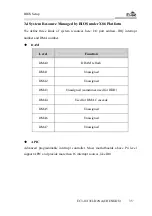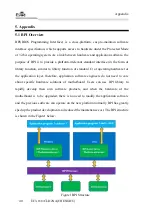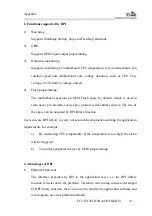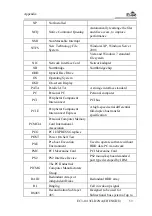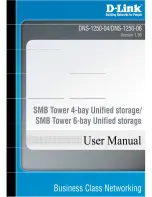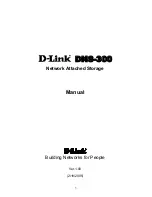
Appendix
· 42 ·
EC3-1813CLD2NA(CHENGDU)
2) Security and High Reliability
The BPI library function accessing the hardware is programmed by the
motherboard developer and is strictly tested; therefore, it can avoid system
malfunction caused by improper operation of the system hardware.
3) Easy Maintenance
Traditional WDT and GPIO programming are closely related to the hardware,
with complicated test and debug process and maintenance of software of
different platforms; however, the software developed by BPI library requires
maintaining only one set of the software.
4) Low Cost
Using the applications developed by BPI will not result in additional hardware
and software cost. Application software engineers can conveniently use BPI
library function to carry out second development, and do not need to care about
access details about hardware, which greatly reduces the development difficulty,
shortens development cycle and time-to-market for the system integrator.
Note: User Manual for BPI Test Program under Windows: see
“Software\Chinese\BPI\EVOC_BPI X” in the enclosed CD.
User Manual for BPI Test Program under Linux: see
“Software\Chinese\BPI\linux_BPI_X” in the enclosed CD.
5.2 FMI Overview
FMI(Firmware Management Interface) is a management software developed based on
BPI specifications. Currently, FMI supports eLog, eDisk, eLogo, eOrder and product
SN management functions. As for its test procedure, please refer to eManager








